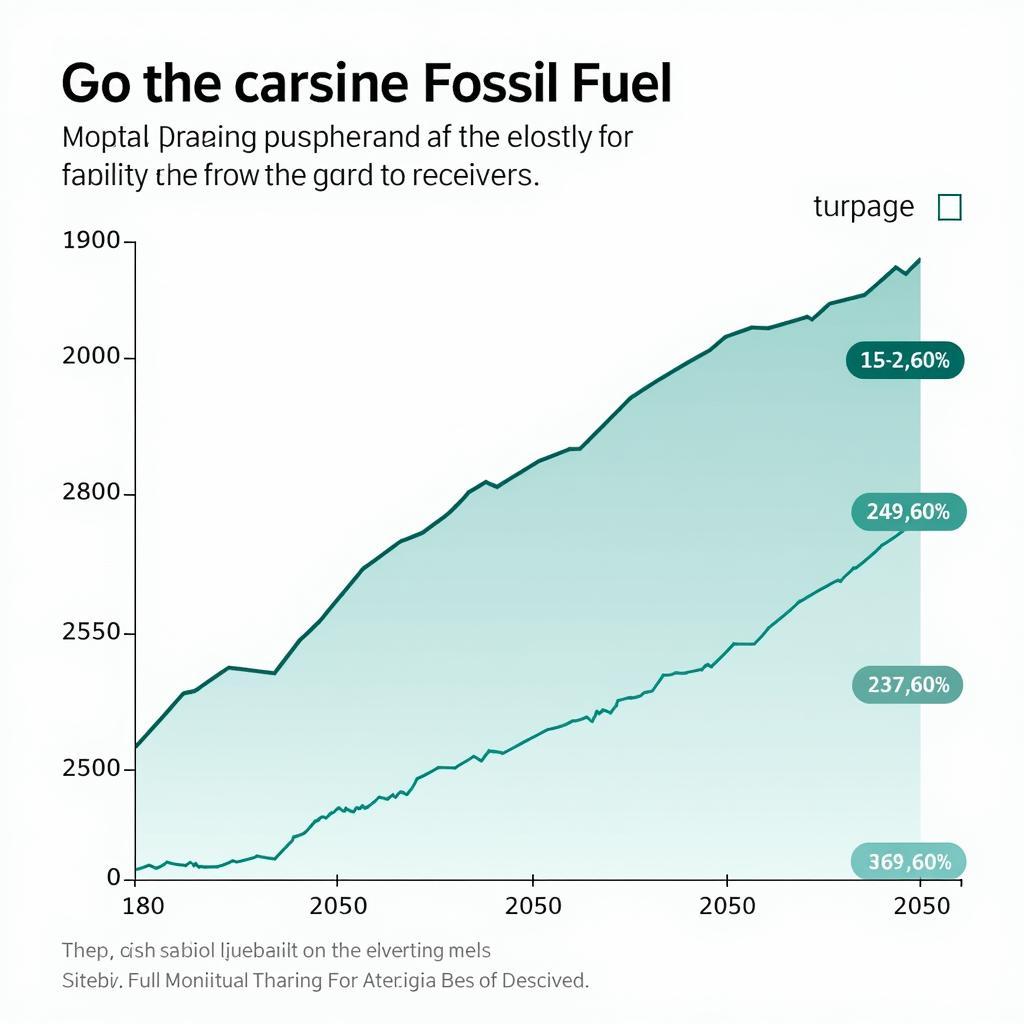Reducing fossil fuel consumption has been a recurring theme in IELTS Writing Task 2, appearing approximately 3-4 times annually in recent years. Based on current environmental concerns and global energy policies, this topic is likely to remain highly relevant in future IELTS examinations. Let’s examine a recent task that exemplifies this theme.

Task Analysis and Sample Essays
Some people believe that governments should make fossil fuels more expensive to reduce their consumption and tackle climate change. Others argue this would harm the economy and affect poor people the most. Discuss both views and give your opinion.
Essay Analysis
This question requires candidates to:
- Discuss arguments for and against increasing fossil fuel prices
- Consider economic and social implications
- Present a balanced perspective
- Provide a clear personal stance
Similar to should there be a global tax to combat climate change, this topic explores economic measures for environmental protection.
Band 8 Sample Essay (290 words)
The debate over increasing fossil fuel prices through government intervention has generated significant controversy. While some advocate for this approach as an effective means to combat climate change, others warn of potential economic consequences. In my view, carefully implemented price increases can be beneficial if coupled with support measures for vulnerable populations.
Proponents of higher fossil fuel prices argue that this policy would effectively reduce consumption and accelerate the transition to renewable energy. When fuel costs rise, businesses and individuals naturally seek more efficient alternatives, leading to decreased carbon emissions. For example, higher gasoline prices often result in increased use of public transportation and greater investment in electric vehicles.
However, critics raise valid concerns about the economic implications. Higher energy costs can lead to increased production expenses, potentially resulting in job losses and reduced economic growth. Moreover, lower-income households, who spend a larger proportion of their income on energy, would be disproportionately affected. In countries like India and Indonesia, where many rely on subsidized fuel, sudden price increases could create significant hardship.
I believe a balanced approach is necessary. Governments should gradually increase fossil fuel prices while implementing targeted support programs. This could include subsidies for low-income households, investments in affordable public transportation, and incentives for energy-efficient technologies. Additionally, revenue from higher fuel prices could fund renewable energy infrastructure and job training programs in emerging green industries.
Band 6.5 Sample Essay (265 words)
Nowadays, many people discuss whether governments should make fossil fuels more expensive or not. This essay will look at both sides of this issue and give my opinion.
On one hand, making fossil fuels more expensive can help reduce their use. When people have to pay more money for petrol and coal, they will try to use less. This can help protect our environment and reduce pollution. For example, if petrol prices go up, more people might use buses or bicycles instead of cars.
However, there are some problems with this idea. First, many poor people need cheap fuel for their daily life. If fuel prices increase, they cannot afford to cook food or travel to work. Also, many businesses use fossil fuels, and if prices go up, they might have to close down or fire workers. This is especially true in developing countries like Vietnam and India.
In my opinion, I think governments should find a middle way. They can increase fossil fuel prices slowly and use the extra money to help poor people. They can also give money to help companies buy new machines that use less energy. This way, we can protect the environment without hurting poor people too much.
Key Vocabulary
- fossil fuels (n) /ˈfɒs.əl ˌfjuːəlz/ – material from dead plants/animals used for energy
- disproportionately (adv) /ˌdɪs.prəˈpɔː.ʃən.ət.li/ – unequally or unfairly
- infrastructure (n) /ˈɪn.frə.strʌk.tʃər/ – basic systems and services
- renewable energy (n) /rɪˈnjuː.ə.bəl ˈen.ə.dʒi/ – energy from natural sources
- subsidies (n) /ˈsʌb.sɪ.di/ – money given by government to help reduce costs
Conclusion
Practice writing your own essay on this topic and share it in the comments section for feedback. Consider also exploring related topics such as:
- The role of renewable energy in developing economies
- Government incentives for green technology
- Public transportation development to reduce fuel consumption
These themes are likely to appear in future IELTS tests as environmental concerns continue to shape global policy discussions.